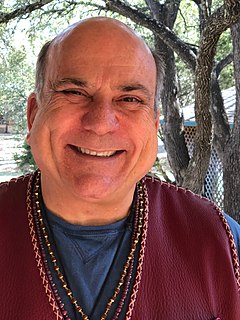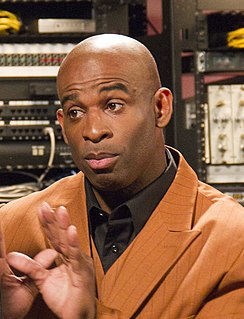A Quote by Henry David Thoreau
We are always paid for our suspicion by finding what we suspect.
Related Quotes
By accepting a suspicion against the neighbor, by saying, 'What does it matter if I put in a word about my suspicion? What does it matter if I find out what my brother is saying or what a guest is doing?' the mind begins to forget about its own sins and to talk idly about his neighbor, speaking evil against him, despising him, and from this he falls into the very thing he condemns. Because we become careless about our own faults and do not lament our own death, we lose the power to correct ourselves and we are always at work on our neighbor.
The same organizational principles which called us forth into self-reflection have called forth self-reflection out of the planet itself. And the problem then is for us to suspect this, act on our suspicion, and be good detectives, and track down the spirit in its lair. And this is what shamans are doing. They are hunters of spirit.

































